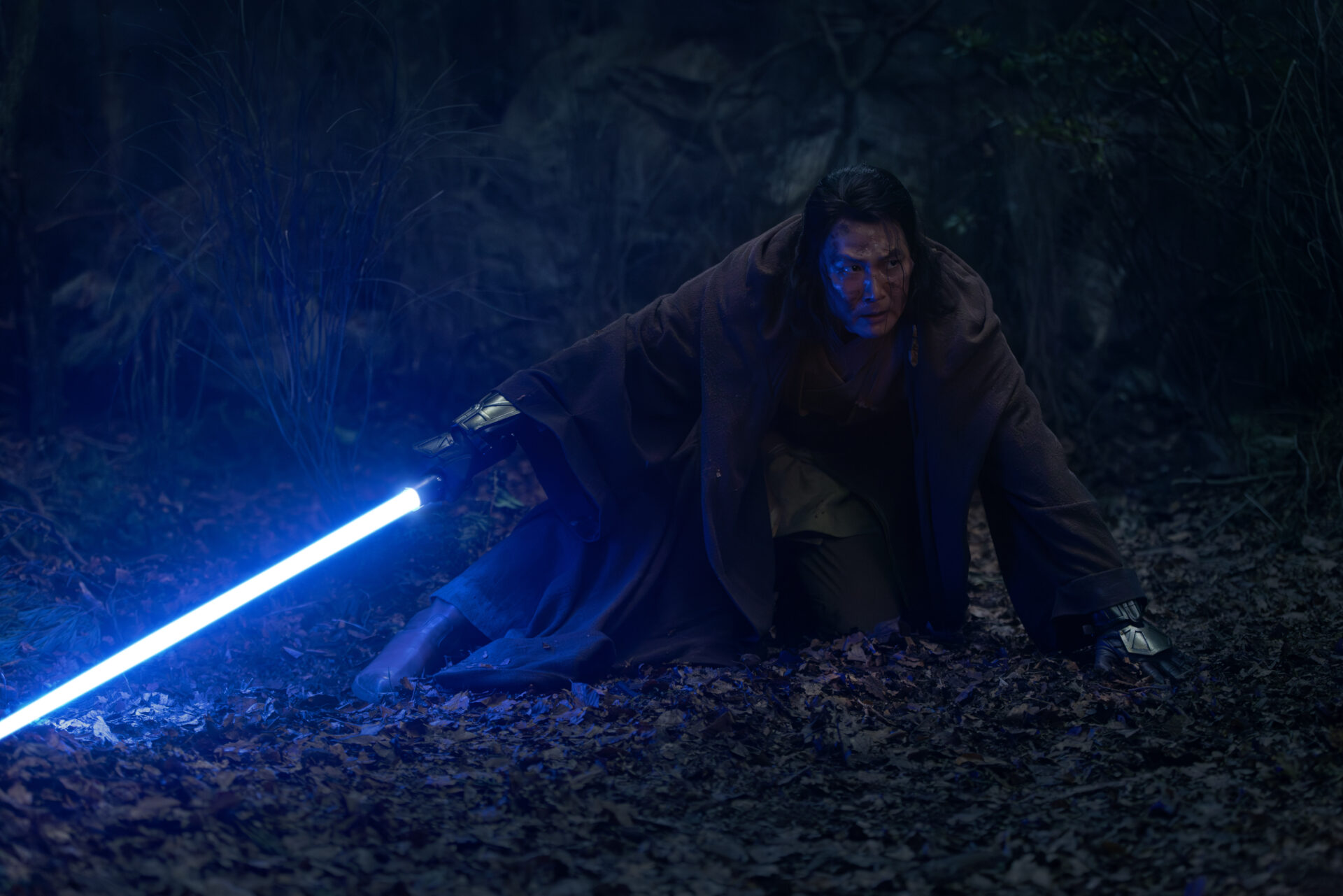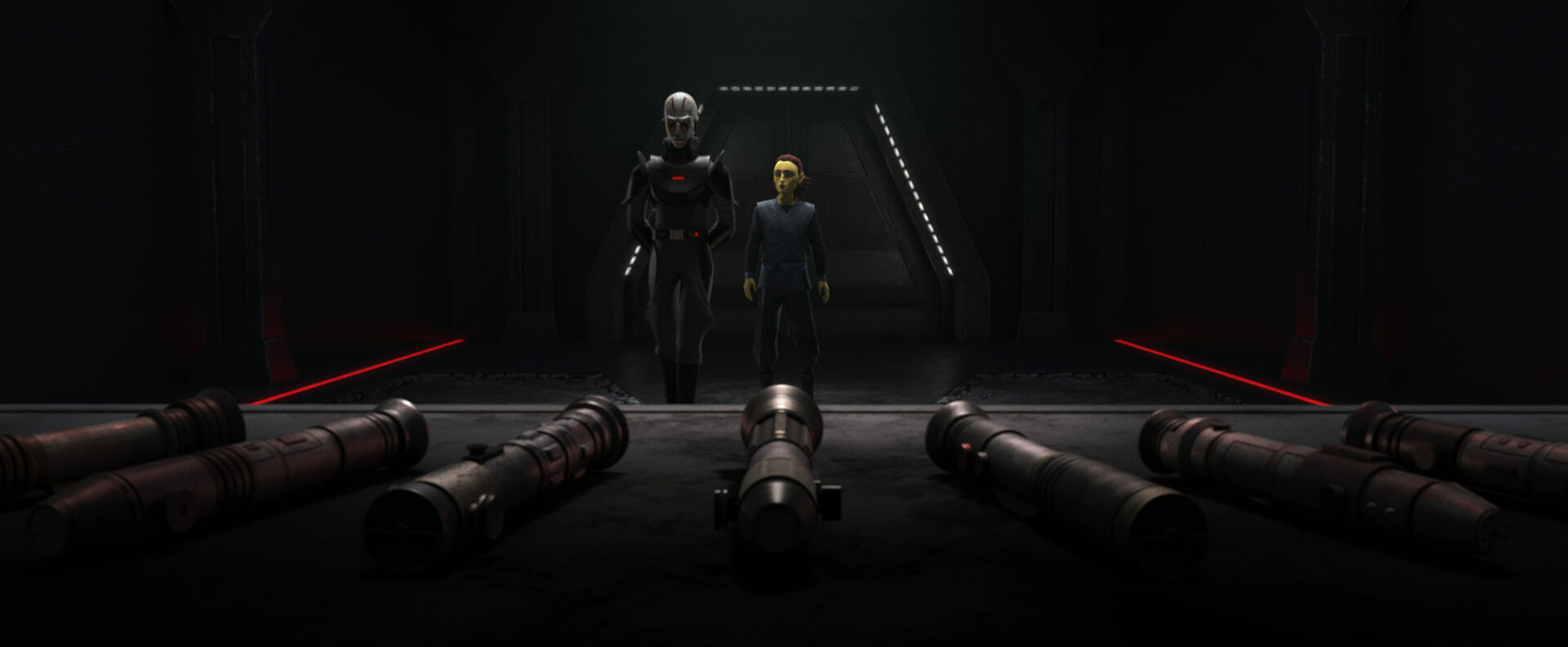Book Review: William Shakespeare’s The Jedi Doth Return
Ian Doescher’s final foray into the Original Trilogy, Shakespeare style, comes to us in the form of The Jedi Doth Return, and it may be the best of the three books. In the final chapter of the beloved saga, Doescher skilfully weaves the beloved story of Darth Vader’s redemption at the hands of his son in the style of iambic pentameter we have come to know and love from this wonderful series. Yet again, Doescher brings us another chapter of the Star Wars saga as Shakespeare may have woven the tale, and the only regret the reader may have is that Quirk books has not announced another in this groundbreaking series.
As with the previous two books, William Shakespeare’s Star Wars and The Empire Striketh Back, Doescher finds creative ways to explore the unique patterns of speech found in the Original Trilogy; for example, he had Boba Fett write in prose (to represent the common man) in Empire, and in Jedi, we meet more characters that demand unique speech patterns to differentiate them. Salacious Crumb serves the role of Shakespeare’s fool in Jabba’s palace, and speaks in plain English to observe the action; the Rancor sings, and R2-D2 has a number of monologues that further illustrate how savvy the droid really is.
Perhaps the most delightful surprise is the way the Ewoks speak in Jedi Doth Return. There have been many reviews of this series that proclaim that there are moments in which the reader will laugh audibly, but never has this been more true than when you read Ian Doescher’s take on Ewokese. For example, when Han tells Teebo to point his spear away from Solo, Teebo hilariously (and astutely) proclaims:
Teebo: E hura hura,
Heeno scura,
Heesa tempurr,
Gura, gura.” (3.3. 56-59).
Read it out loud, and you will see how charming and witty it truly is.
Another reason Doescher’s take on Star Wars has been so rewarding is the insights we glean from the characters’ soliloquies; soliloquies are moments in Shakespeare’s plays where the audience gets to hear the innermost thoughts, dreams, and desires of the characters, and the gravitas of Luke’s dramatic escape from the Sarlacc Pit reveals a confident, burgeoning Jedi. In a beautiful scene that mirrors Hamlet’s plan to oust Claudius in a play within a play (the play’s the thing/ Wherein I’ll catch the conscience of the king 2.2), Luke prepares for his majestic leap into the toothy chasm:
Luke [aside]: Here is the hour that ends in our escape,
Here is the moment Jabba sees defeat,
Here is the instant I have planned for,
Here is the battle grand: the skiff’s the thing
Wherein I’ll catch Han’s rescue and take wing (1.5. 15-19)
The parallels are there for the Shakespeare aficionados, but are not essential to understanding the text. The reader’s knowledge of Return of the Jedi help put the toe of the Shakespearean novice in the water, and the poetry comes alive through Doescher’s craftsmanship.
There are many more examples that could be shared here; suffice to say, the text is ripe with beautiful insights, clever dialogue, and soulful insights that leave the reader hoping for more of Ian Doescher’s take on the Star Wars universe in iambic pentameter. The ambiguous ending of the book makes one wonder what Doescher and Quirk books have in mind for the future, and it has been an absolute joy taking this journey. The seamless blending of William Shakespeare and George Lucas into one vision of language, storytelling, and character insights are among the peak experiences one may encounter in Star Wars literature. Let’s hope that Ian Doescher will return to that galaxy far, far away in the near future!
5 out of 5
Purchase The Jedi Doth Return here
Note: A big thank you to Quirk Books for providing an advance copy to review.
Powered by Sidelines




1 comment